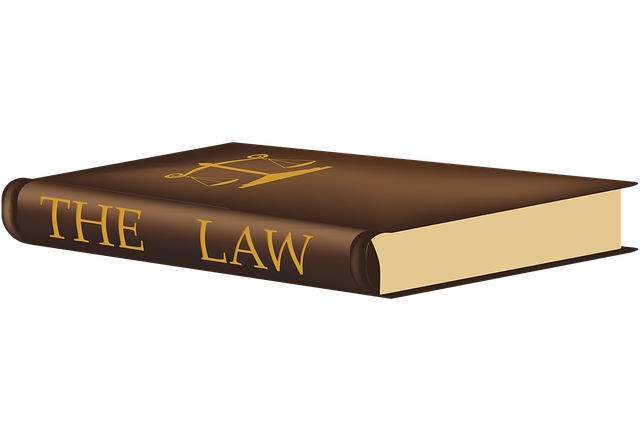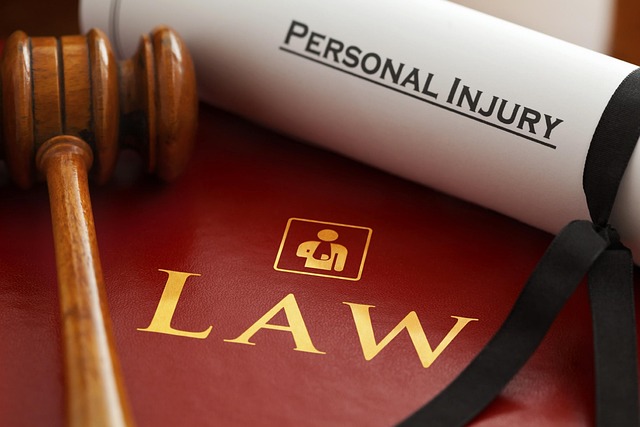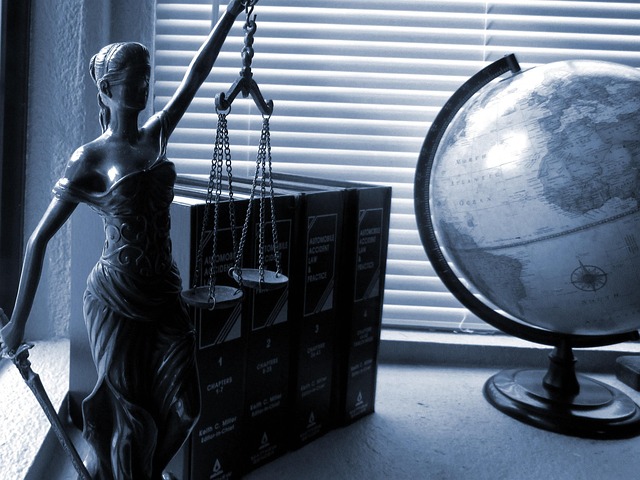Corporate Crime Investigations (CCIs) are vital guardians of ethical business conduct and economic integrity, exposing and penalizing fraud, embezzlement, bribery, and environmental violations. These inquiries protect investors, employees, and society by seeking justice, fostering integrity, and deterring future illegal practices. CCI's involve meticulous analysis of documents, transactions, and digital evidence to build robust cases against perpetrators. Engaging seasoned professionals like a Find the Best Real Estate Litigation Lawyer is crucial for navigating complex business operations and achieving just outcomes in high-stakes scenarios.
Corporate Crime Investigations delve into the complex world of white-collar offenses, where laws are broken behind closed doors. This article explores the critical role of investigators in uncovering corporate fraud, embezzlement, and other financial crimes. We examine the scope of these inquiries, common types of corporate criminal activity, and the collaboration between law enforcement and regulatory bodies. By understanding the legal framework and ethical considerations, investigators can employ effective strategies to navigate this intricate landscape, ensuring justice is served, especially when seeking the expertise of a skilled litigator, like a real estate litigation lawyer, for specialized support.
- Understanding Corporate Crime Investigations: The Importance and Scope
- Types of Corporate Crimes: Common Offenses and Their Impact
- The Role of Law Enforcement and Regulatory Bodies in Investigation
- Uncovering Evidence: Legal and Ethical Considerations for Investigators
- Strategies for Effective Corporate Crime Investigation: Best Practices
Understanding Corporate Crime Investigations: The Importance and Scope

Corporate Crime Investigations play a pivotal role in upholding ethical standards and safeguarding our economic landscape. These investigations delve into complex web of illegal activities within corporations, ranging from financial fraud to environmental misconduct. Understanding the scope is paramount, as they encompass not just criminal offences but also regulatory violations that impact stakeholders, including investors, employees, and the public at large.
The importance of these inquiries lies in their ability to deter future transgressions, restore trust, and achieve justice for victims. Skilled investigators, often working with top-tier legal representation like a Find the Best Real Estate Litigation Lawyer, navigate high-stakes cases, uncovering evidence and piecing together intricate puzzles. By securing accountability and achieving extraordinary results for his clients, these investigations serve as a powerful deterrent, promoting integrity and transparency in corporate practices.
Types of Corporate Crimes: Common Offenses and Their Impact

Corporate crime investigations delve into a range of illegal activities conducted by businesses or their representatives. Common types include fraud, embezzlement, bribery, and environmental violations. These offenses can have significant impacts, from financial losses for victims to reputational damage for companies, and even potential criminal liability for individuals involved. In high-stakes cases, the consequences can be severe, leading to substantial fines, legal repercussions, and public trust erosion.
Specific corporate crimes, such as accounting fraud or insider trading, can destabilize markets and erode confidence in entire industries. Moreover, they can have far-reaching implications beyond the immediate victims, affecting philanthropic and political communities that rely on transparent business practices for their initiatives. Therefore, effective investigations are crucial not just for justice, but also for maintaining the integrity of the corporate landscape and ensuring businesses operate responsibly within the legal framework. Finding the best real estate litigation lawyer can be pivotal in navigating these complex cases, especially when avoiding indictment and mitigating potential long-term effects on a company’s future.
The Role of Law Enforcement and Regulatory Bodies in Investigation

When it comes to uncovering corporate crime, law enforcement and regulatory bodies play a pivotal role in ensuring justice. These entities are equipped with the authority and expertise to investigate a range of financial and non-financial crimes, including white collar and economic crimes. Their investigation strategies often involve complex analysis of documents, financial transactions, and digital evidence, which is crucial for building strong cases against perpetrators.
Regulatory bodies, with their deep industry knowledge, can identify patterns and anomalies across the country, leading to unprecedented track records in crime prevention and prosecution. They collaborate with law enforcement to gather insights, share resources, and ensure that corporate criminals face severe consequences. This coordinated approach has proven effective in deterring future illegal activities, making it a vital component of maintaining ethical business practices.
Uncovering Evidence: Legal and Ethical Considerations for Investigators

Uncovering evidence in corporate crime investigations requires a delicate balance between legal acumen and ethical conduct. Investigators must adhere to stringent legal protocols to ensure the admissibility of gathered proof, particularly during pre-trial stages. This involves meticulously documenting each step of the investigation process, from data collection methods to witness interviews, to maintain the integrity of the case.
Ethical considerations come into play when navigating complex corporate landscapes. Investigators must remain unbiased, avoiding any conflict of interest that could compromise their objectivity. Moreover, they should respect the privacy and rights of individuals involved, ensuring that all actions comply with relevant laws and regulations. This meticulous approach, combining legal and ethical guidelines, is crucial for building strong cases and seeking justice, even in high-stakes corporate crime scenarios. Finding the best real estate litigation lawyer can be pivotal in navigating these complexities, as their expertise ensures proper handling of evidence and legal strategies tailored to specific cases.
Strategies for Effective Corporate Crime Investigation: Best Practices

Effective corporate crime investigations require a strategic approach to uncover complex schemes and hold perpetrators accountable. Best practices involve a comprehensive strategy that includes thorough document review, interviews with key personnel, and utilizing advanced technology for data analysis. Engaging experienced professionals, such as those specializing in white-collar crimes, is vital for navigating the intricacies of business operations and financial records.
A proven method involves meticulous planning and coordination across various departments and jurisdictions. By integrating an unprecedented track record of success, investigations can efficiently progress through all stages of the investigative and enforcement process. This includes gathering evidence, identifying liabilities, and developing strong cases that respect the respective business environment while ensuring justice is served.
Corporate crime investigations are a complex yet indispensable aspect of maintaining integrity in business practices. By understanding the various types of corporate crimes, their impacts, and implementing effective strategies, law enforcement and regulatory bodies can ensure justice is served. Uncovering evidence while adhering to legal and ethical guidelines is crucial for successful prosecutions. Remember, when faced with suspected corporate misconduct, seeking expert advice from seasoned professionals, like a specialized real estate litigation lawyer, can be invaluable in navigating these intricate matters.






